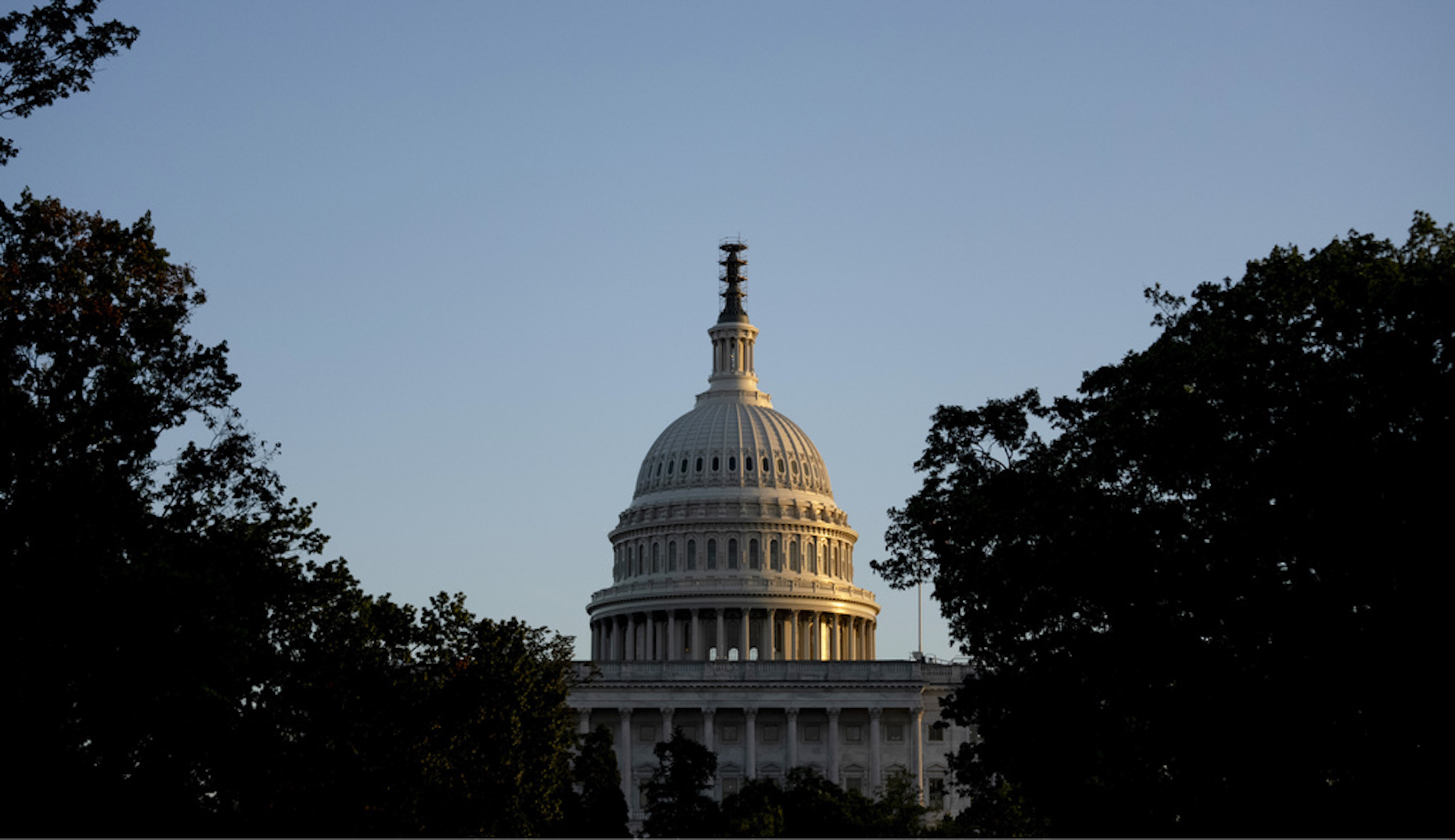

The bipartisan $78 billion child tax credit and business tax bill passed by the House now faces hurdles in the Senate.
The bill, crafted between Ways and Means Committee Chairman Jason Smith (R-MO) and Senate Finance Committee Chairman Ron Wyden (D-OR), cleared the House with major bipartisan support in a 357-70 vote. It also has support from the White House.
Still, the measure, H.R. 7024, the Tax Relief for American Families and Workers Act, could hit several snags in the Senate.
Most notably, the legislation faces skepticism from Republican senators over its enlargement of the child tax credit, and specifically provisions that some conservatives have said would amount to an expansion of welfare and discourage work. Others have raised objections related to the legislation’s effects on the deficit.
Changes to the carefully negotiated bill could imperil bipartisan support.
“I see lots of issues in the Senate and that this is not a slam dunk,” said G. William Hoagland, senior vice president at the Bipartisan Policy Center.
“Just as the House does not like to ‘be jammed’ by the Senate, the Senate doesn’t like to ‘be jammed’ by the House,” Hoagland told the Washington Examiner.
The top Republican on the Senate Finance Committee, Sen. Mike Crapo (R-ID), has said the panel will need to have its own markup of the bill. That would allow senators to vote to alter the legislation through amendments, a process that could delay passage of the bill.
“Now that the House has passed H.R. 7024, the Senate will go through its own process,” Crapo said in a statement. “I look forward to working with my colleagues to vet the legislation, address concerns, and make the necessary changes to build support.”
Some GOP senators, like Crapo, have raised concerns about how the legislation would allow parents to rely on the prior year’s income to calculate the child tax credit for this year and next. Outside conservative groups have argued that the provision would lead some parents to quit the workforce in some years. The Wall Street Journal editorial board has attacked the measure: “Work one year — and earn benefits for two,” it wrote in one recent editorial.
There is also the political reality of it being an election year. Sen. Chuck Grassley (R-IA) even suggested that expanding the child tax credit during an election year could help President Joe Biden’s chances of staying in office.
“Passing a tax bill that makes the president look good, mailing out checks before the election, means he could be reelected, and then we won’t extend the 2017 tax cuts,” Grassley told reporters.
If the bill is signed into law, Biden’s campaign can emphasize that he and Democrats helped expand the child tax credit. If it fails, the campaign can blame Republicans for blocking a bigger child tax credit and tax provisions prized by corporations.
Another concern for Republicans is the fiscal effects of the legislation.
The bill is meant to be paid for through changes to the pandemic-era employee retention tax credit, or ERC. The costs would be offset by stronger enforcement and penalties tied to fraudulent ERC claims and would bring an early end to the processing of claims.
The Joint Committee on Taxation, Congress’s in-house tax scorekeeper, estimates that the ERC changes would result in just over $77 billion in savings, making the overall bill deficit-neutral. But some Senate Republicans think the provision is deceptive because it is merely dialing back a pandemic-era program that was already adding to the debt.
“It’s kind of a phony pay-for,” said Sen. John Cornyn (R-TX), according to the Hill. “Because the original tax credit done during the pandemic wasn’t paid for. So saying now we can use the unpaid-for tax credit to pay for this seems like smoke and mirrors.”
The bill is written so that its tax cuts expire in 2025, but if they were instead made permanent, it would cost $645 billion through 2033, according to an estimate from the Committee for a Responsible Federal Budget, an outside group that advocates for lower deficits.
Still, despite the obstacles, there is hope from some in the tax world that this legislation, or at least some form of it, will end up passing.
“I think congressional Republicans are eager to show they can govern. I think Senate Republicans don’t want to kill popular bipartisan legislation,” Alex Conant, a GOP strategist and a partner at Firehouse Strategies, told the Washington Examiner.
CLICK HERE TO READ MORE FROM THE WASHINGTON EXAMINER
Conant said Senate Republicans may attempt to make a few tweaks to the legislation but pointed out that, unlike the House, Republicans are in the minority in the upper chamber.
“I think ultimately the Senate is going to pass the bill,” he said. “I think the most likely scenario is that the Senate passes the House’s bill.”





